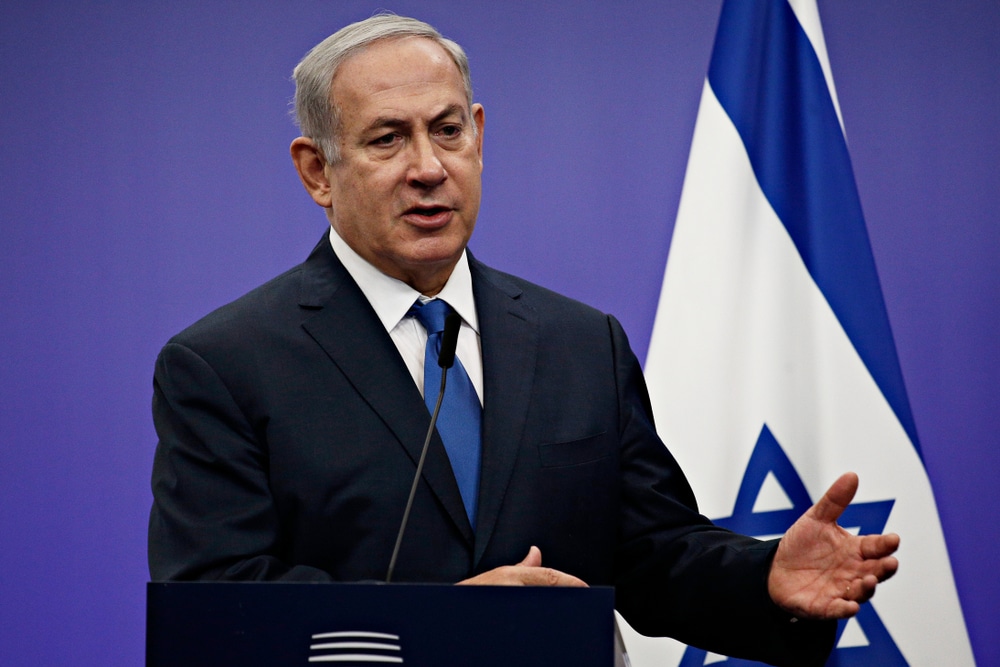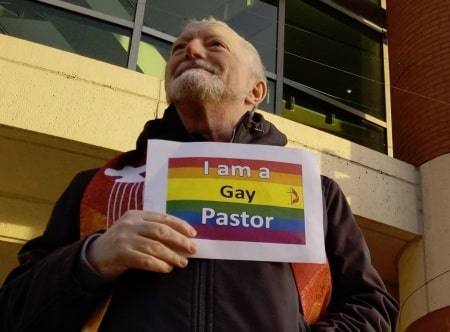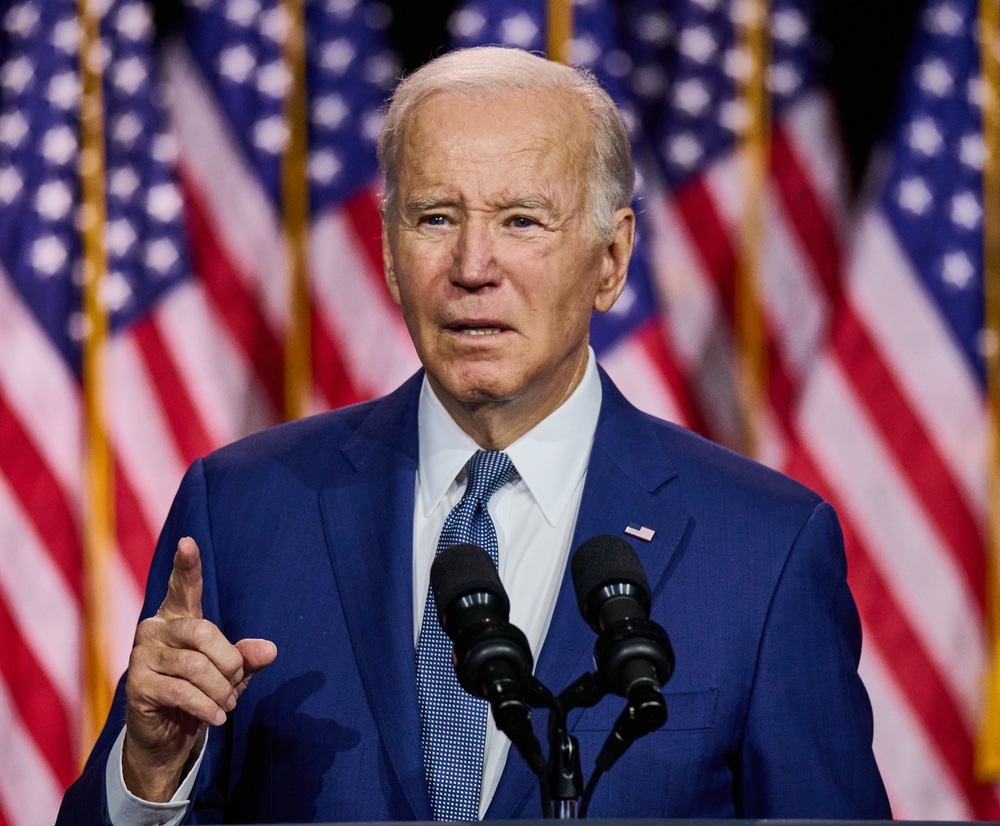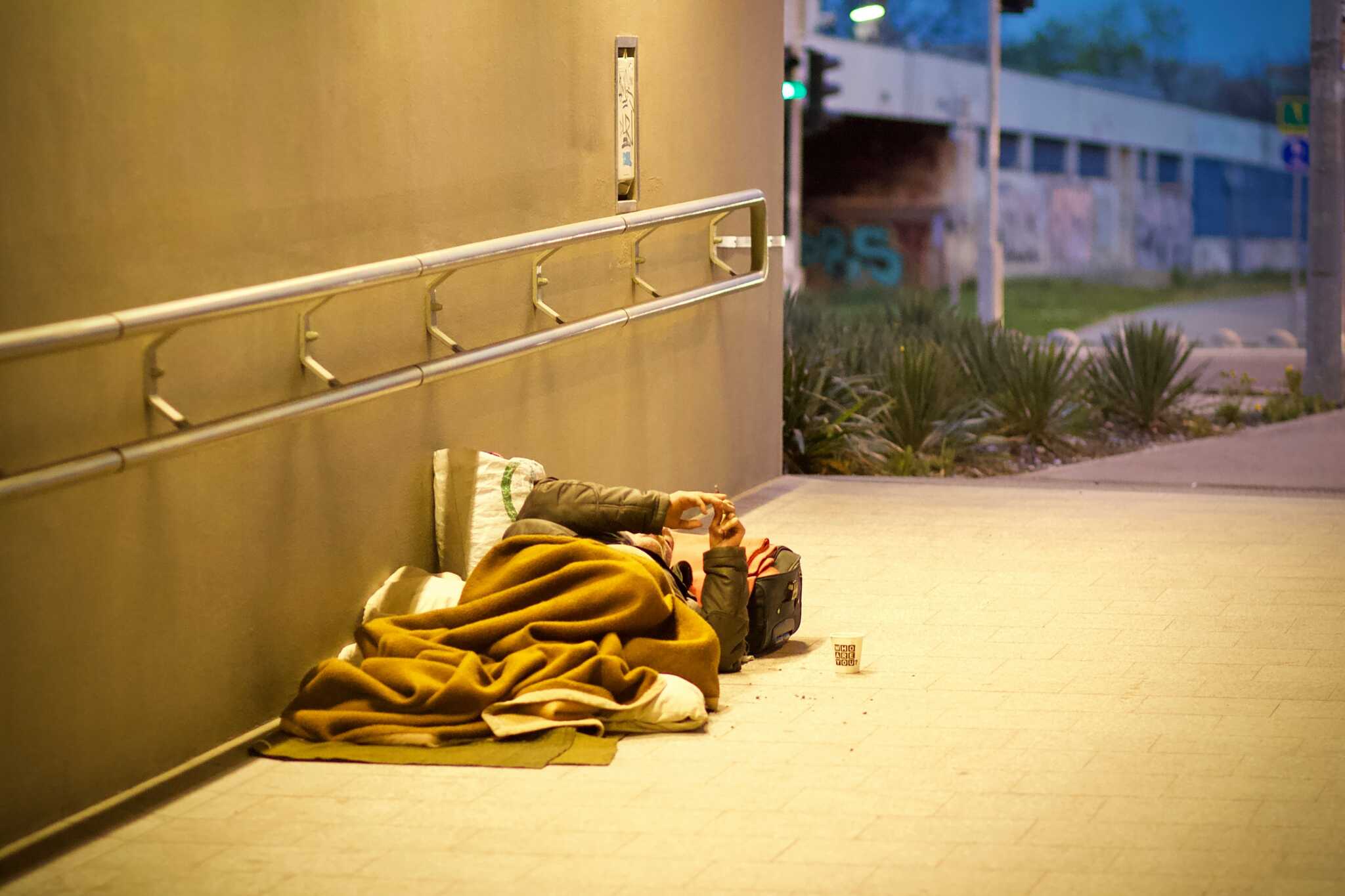Brutal executions are on the rise in Saudi Arabia under the reign of Crown Prince Mohammed bin Salman, with human rights activists calling the score of beheadings and crucifixions a ‘relentless killing spree’.
The Saudi authorities have killed hundreds in capital punishments since the Crown Prince’s tenure started in 2015, hitting a new milestone that Amnesty International said reveals the kingdom’s ‘chilling disregard for the right to life’.
Despite bin Salman promising he would limit the use of capital punishments, the number nearly doubled since he took the throne, according to NGO Reprieve. From 2010 to 2014 there was an average of 70.8 executions per year but from 2015 to 2022 there was an average of 129.5 executions per year – a rise of 82 per cent.
Last year, the kingdom carried out at least 172 executions, despite renewed promises from bin Salman to limit the scope of capital punishment.
Saudi Arabia even beheaded 81 people in a single day in March 2022 as part of the 193 executions Amnesty International said were carried out in the country – despite authorities saying it had been just 147.
The majority of state executions in Saudi Arabia are still carried out by sword decapitation – sometimes followed by the crucifixion of the body as the heads are displayed on a stick – but there have also been reports of prisoners sentenced to death by stoning.
Beheadings are only carried out by Saudi Arabia and the Taliban and can be used for a variety of crimes including murder, apostasy (abandoning Islam), homosexuality, witchcraft or sorcery, and ‘waging war on God’.
The sentence is traditionally carried out in a public square on Fridays after prayers to attract an audience and serve as deterrence.
Saudi state executioner Muhammad Saad al-Beshi previously detailed exactly how these brutal killings take place, most of the time with one of his swords, sometimes with a gun.
Terrifyingly, those who face being beheaded aren’t anaesthetised at all – but al-Beshi claimed if he does his job right, those in front of him wouldn’t suffer for long.
‘If I let myself feel mercy or compassion for the person I am executing, he will not die at the first stroke. He will suffer. If the heart is compassionate, the hand fails. It can take two, three, four, or five strokes. God knows how many. He might not even die,’ the executioner said in an interview with a Lebanese TV channel.
The 62-year-old said he even had to behead some of his friends before, but coldly stated that they ‘brought it on themselves’.
He said when prisoners get to the execution square – the one in the centre of capital Riyadh is locally known as ‘Chop Chop Square’ – ‘their strength drains away’ before he beheads them.
Al-Beshi said he would also carry out limb amputations, a punishment he said is outlined in the Koran for thieves.
He would cut off a hand or a hand and a leg, for which the condemned person only receives local anaesthesia.
‘I use a special sharp knife, not a sword. When I cut off a hand I cut it from the joint. If it is a leg the authorities specify where it is to be taken off, so I follow that,’ he explained.

















